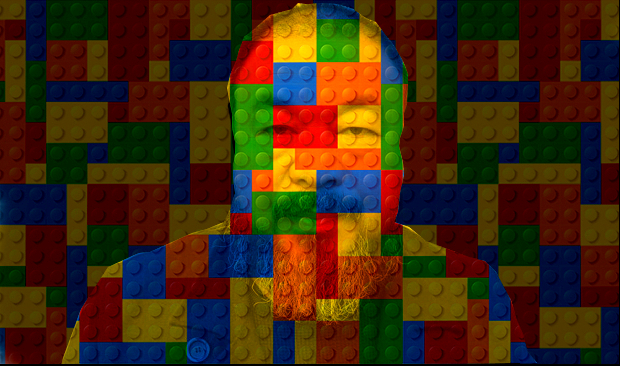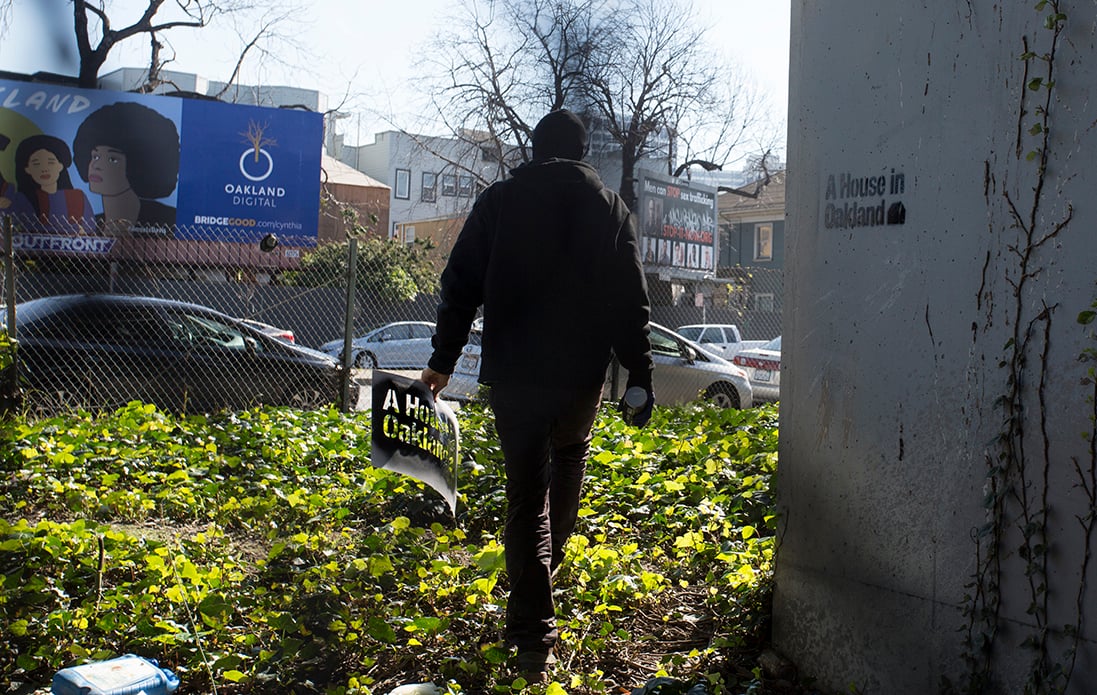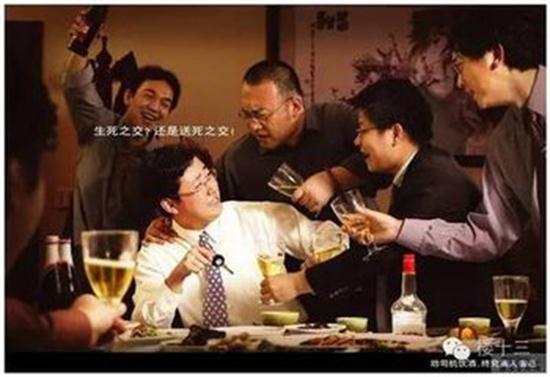November 25, 2015 was United Nations’ International Day for the Elimination of Violence against Women. Over in China, a group of activist artists planned to open up an exhibition highlighting the fight against domestic violence in support of this day. However, when the group of feminist artists had gone to prepare for their exhibition at the Jinge Art Gallery in Beijing the day of, they were left unable to enter, with doors bolted shut. The curator Cui Guangxia, who has also been detained by the government for protesting, had been told that the “show had not received prior approval from relevant departments.” Although no one would give a specific reason to why the show was closed, given China’s history of silencing voices of Chinese activists such as artist Ai Wei Wei, it should be no surprise to what the real reason for shutting down the exhibition was. Cui shared he thinks it was because they feared that an event about domestic violence and gender equality would have such a large amount of participation. Many feminists in Beijing also admitted that security had told them to not attend any public commemorations coinciding with the UN event. China has a history deeply rooted with discrimination against women, and according to All China Women’s Federation, over 24 percent of families have actions of domestic abuse. Between the general country’s opinion on women and the Communist party silencing activists, I think this issue will be reluctant to change. It is unfortunate that an exhibit that could open up the minds of many citizens in China was shut down. More than 60 artists had taken part in this exhibition with equal representation from both men and women to keep a balanced perspective on the topic. While the exhibition was closed hours before opening, photographs of the works have been circulating on Chinese social media. One of the many powerfuls art works featured depicted a bra sewn over Chinese currency with Mao Zedong’s face on it. A different work by the Gao brothers also featured Mao; it was a sculpture of Mao Zedong lookalikes roughly carrying off a woman. Another work, by Yu Xinjiao, depicted the face of an angry gorilla and below it a caption, also the title of the work, stating, “Headmaster, take a room with me instead, let the schoolgirl go!” Another one of the photos that has been circulating around is by Liu Jing; the photo depicts women staring at a pile of broken female mannequins along with empty bottles and cans, rope, a pile of flowers, and a shirtless man passed out. Cui Youwen, another artist, had a work titled Angels, showing women in white dresses all covering parts of their faces and bodies as if they were hurt or covering an injury. Also, a different work portrays a woman protesting against sexual child abuse. Fortunately, these powerful works can live on and hopefully reach an even larger audience through social media. Although the exhibition did not take place, a few of the artists shared positive outlooks that they had still made an impression with their show. One of the art critics Tong Yujie had shared while dining at a restaurant near the gallery, “Our exhibition cannot be held, but our attitude and standpoint is unchanged.” She continues, “Eating together shows the exhibition is still continuing … this exhibition still has a place in art history.” It definitely does as the event has been reported by several news and art websites. There has been international support for the artists as they continue to fight against the Chinese government. Many Chinese citizens have commented that the government has become much more controlling since the election of their current president two years ago. Just earlier this year, five feminist activists had been arrested for handing out pamphlets and buttons to raise awareness against domestic violence, and now, 64 artists have also been silenced. The unequal view of women has been deeply rooted in Chinese culture. Widewalls, a website that posts about contemporary and street art, points out that this discrimination can even be seen in their language. The Chinese character for adultery, 姦, is simply three of the characters for woman, 女. Furthermore, the character for adultery can also mean evil and hypocrisy. With how deeply inequality runs in China, to the point of showing up in their language, there needs to be a large amount of protest for change. It seems like more people will continue to speak out against China, but with how quickly they are silenced and punished for protest, will change come? Sources: https://news.artnet.com/art-world/feminist-exhibition-closed-beijing-373022 http://www.widewalls.ch/feminism-exhibition-banned-beijing/
China Silences an Activist Exhibition
(Visited 72 times, 1 visits today)







